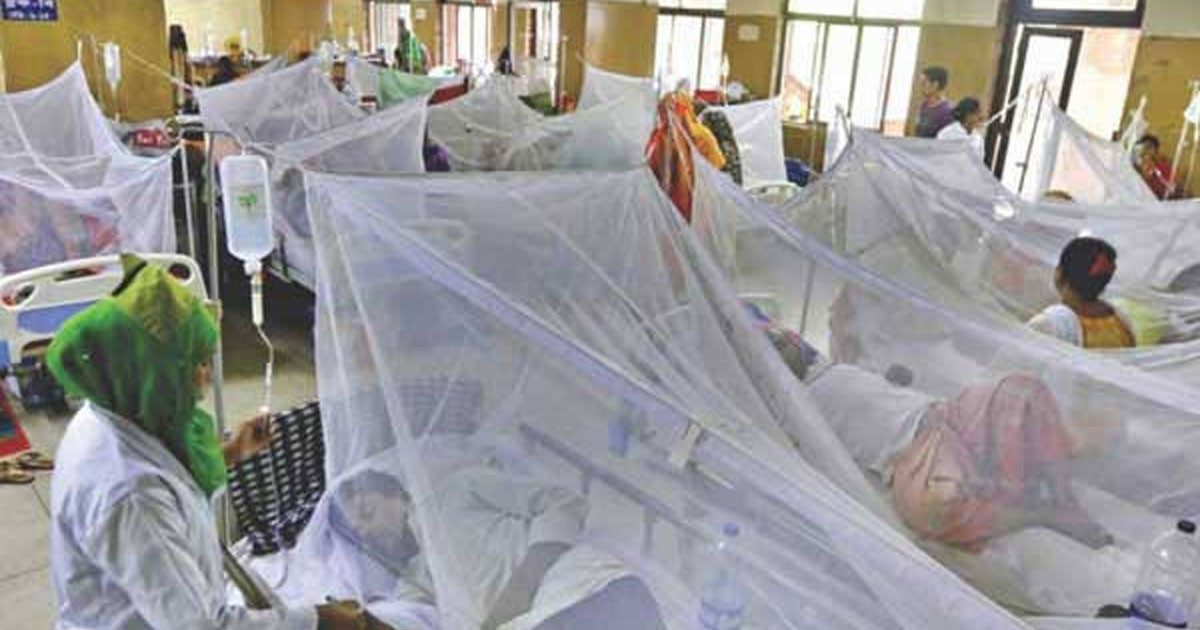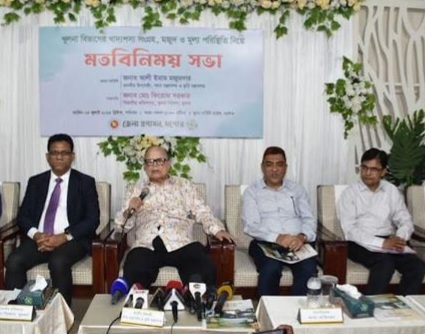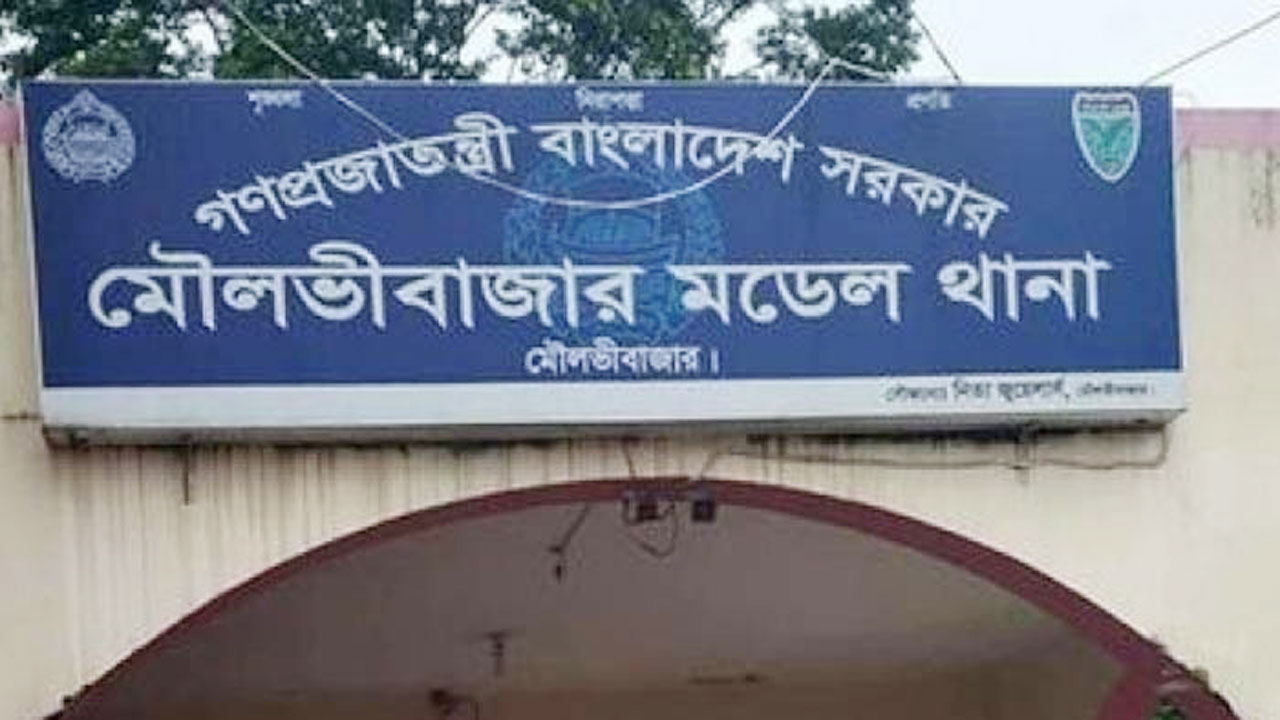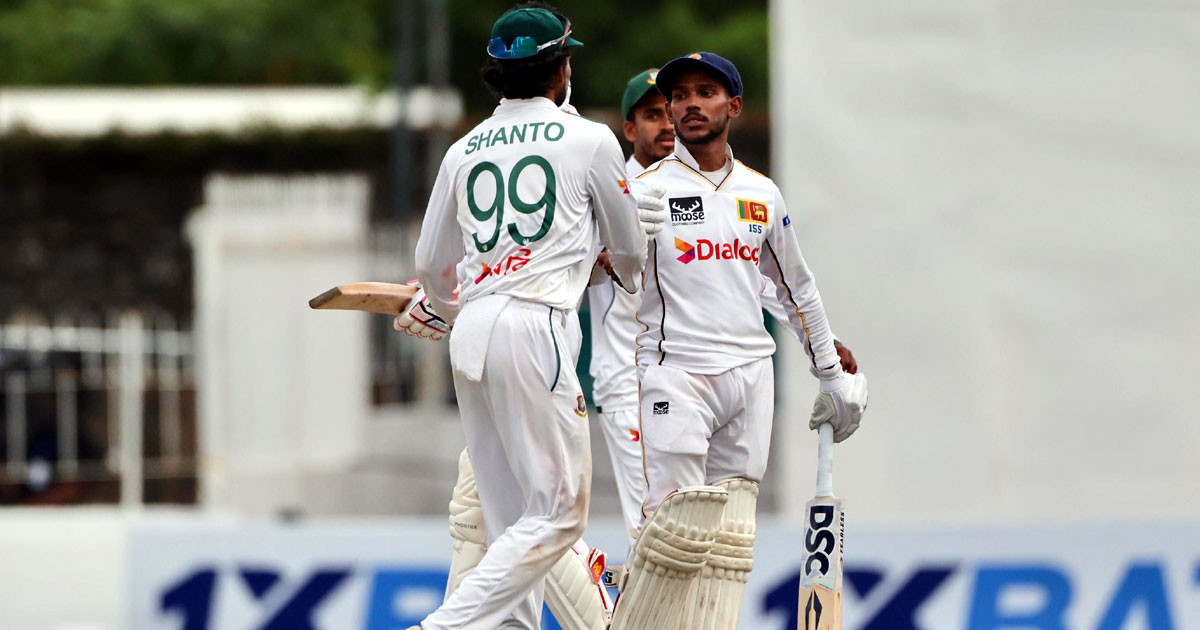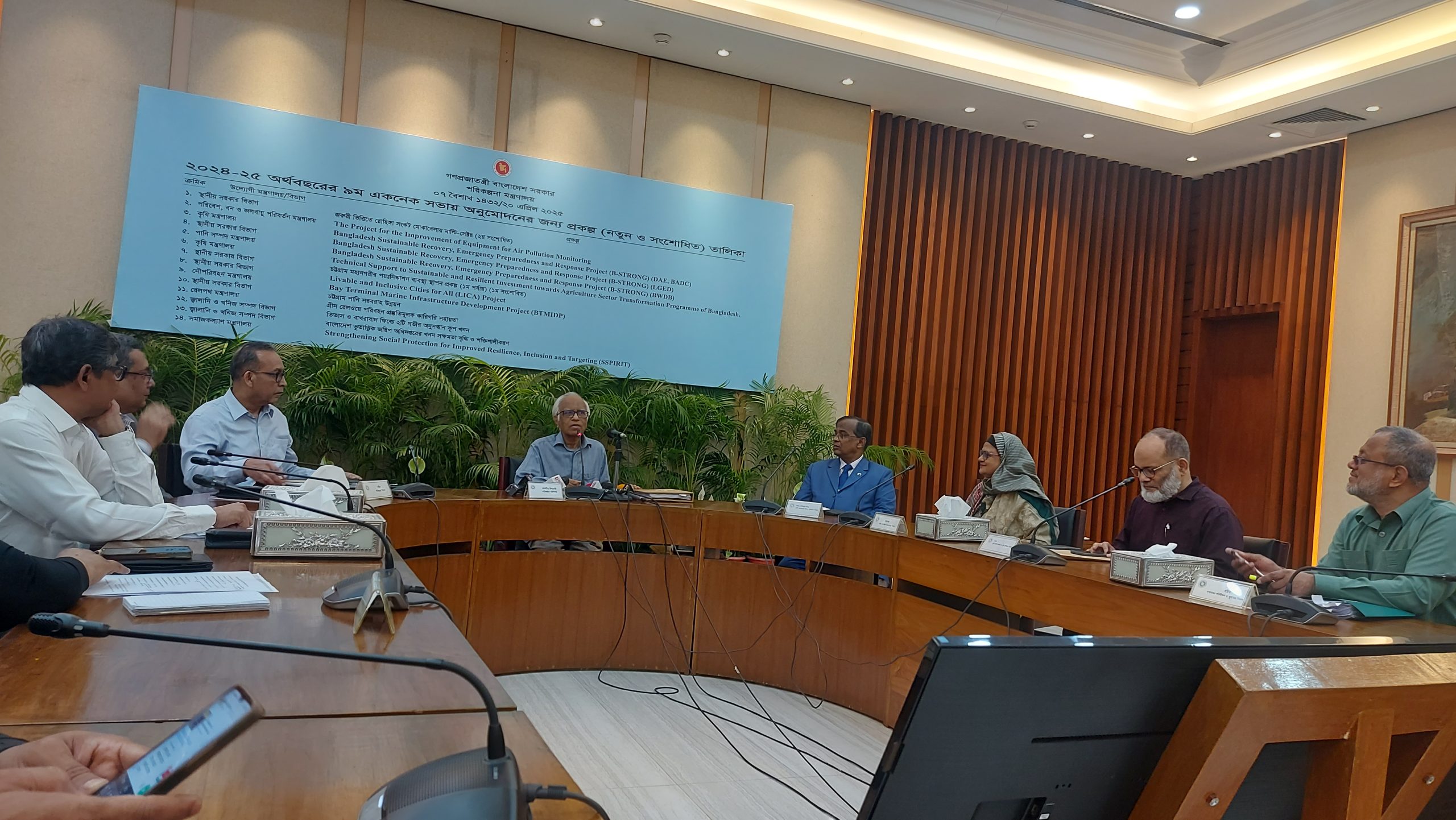
Bangladesh has not yet made any final decision regarding the much-anticipated Teesta River development project, according to Planning Adviser Prof Wahiduddin Mahmud.
He made the remarks while speaking to journalists following a meeting of the Executive Committee of the National Economic Council (ECNEC) held at the NEC conference room in Dhaka’s Sher-e-Bangla Nagar on Sunday. The ECNEC meeting, chaired by Chief Adviser Dr Muhammad Yunus.
He emphasised that while both Bangladesh and China have expressed policy-level agreement to work on the project, a detailed feasibility study must be conducted before moving forward.
Prof Mahmud noted that although the country has a policy stance on the Teesta issue and China has shown willingness to cooperate, several aspects remain unplanned. One critical concern is how much water from the Teesta actually reaches Bangladesh without India’s cooperation.
The adviser stressed that the full utilisation of available water, including the possibility of building reservoirs to store it, is yet to be thoroughly examined. He recalled that China had submitted a basic design a few years ago, but it was too preliminary to be considered a formal project. Therefore, the government is still at the stage of determining whether a viable project is even possible.
Alongside the Teesta discussion, Professor Mahmud announced the approval of a significant infrastructure initiative – the Bay Terminal Marine Infrastructure Development Project at Chattogram Port. He described the terminal as a “mega project” essential for Bangladesh’s growing economic needs. The total cost of the project stands at Tk 13,525.57 crore, with the World Bank providing kT 9,333 crore and the remaining Tk 4,192 crore being funded from the government’s own resources.
He elaborated that although Chattogram Port is often referred to as a seaport, it technically operates as a river port. For long-term economic growth and to meet future trade demands, Bangladesh needs a full-fledged deep-sea port. The Bay Terminal project is expected to transform Chattogram into such a hub. Today’s approval marks the beginning of this transformation, with additional components of the terminal expected to be implemented under public-private partnerships. Altogether, four terminals are planned under this mega initiative, and instructions have already been given to ensure the work progresses swiftly.
Highlighting broader economic considerations, the Planning Adviser stated that Bangladesh’s expanding economy would inevitably require more efficient logistics and maritime facilities. He pointed out that the Bay Terminal would not only serve national interests but would also act as a regional trade hub, ultimately boosting the country’s revenue and strategic importance.
In response to a question regarding social safety net programs, Professor Mahmud expressed concern about political interference in the selection of beneficiaries. He revealed that up to 50% of those currently receiving benefits are not genuinely eligible, with political favoritism often overriding merit-based selection. This undermines the goal of these programs, he said, as many deserving individuals are left out.
Addressing the issue of foreign loans, he clarified that development projects funded by large-scale international loans often require the hiring of foreign consultants. “When seeking large loans under soft terms from foreign donors, it’s typically necessary to involve foreign advisors,” Mahmud explained. Without their involvement, securing the loans becomes difficult, as donor agencies insist on consulting oversight to ensure proper use of funds.
ECNEC approves 16 projects worth Tk24,247cr
In addition to the Teesta and Bay Terminal projects, ECNEC approved a total of 16 development projects during Sunday’s meeting. The total estimated cost of all approved projects is Tk 24,247.24 crore. This includes Tk 3,001.34 crore from government funds, Tk 16,719.73 crore from project-based loans, and Tk 4,426.17 crore from implementing agencies’ own financing.
The projects approved in the meeting are: Multi-sector to deal with the Rohingya crisis on an emergency basis (2nd revised) with an additional cost of Tk 394.19 crore, Bangladesh Sustainable Recovery, Emergency Preparedness and Response Project (B-STRONG) with Tk 1,909 crore, Chattogram Metropolitan Sewerage Project (1st Phase) (1st revised) with an additional cost of Tk .01 crore, Livable and Inclusive Cities for All (LICA) Project with Tk 74.60 crore, Chattogram Water Supply Development Project with Tk 3,921.42 crore.
The other projects approved in the meeting are: Project for the Improvement of Equipment for Air Pollution Monitoring with Tk 103.35 crore, Bangladesh Sustainable Recovery, Emergency Preparedness and Response Project (B-STRONG)-Agricultural System Restoration Component with Tk 260.22 crore, Bangladesh Sustainable Recovery, Emergency Preparedness and Response Project (B-STRONG) (BWDB) with around Tk 599.72 crore, Technical Support to Sustainable and Resilient Investment towards Agriculture Sector Transformation Program of Bangladesh with around Tk 53.14 crore, Green Railway Transport Preparatory Technical Assistance with Tk 93.51 crore, Drilling of Two Deep Exploratory Wells at Titas and Bakhrabad Fields with Tk 798 crore, Strengthening of Excavation Capacity of Geological Survey of Bangladesh with Tk 112.78 crore, Strengthening Social Protection for Improved Resilience, Inclusion and Targeting (SSPIRIT) with Tk 904.17 crore, Secondary Education Sector Investment Program (CESIP) (4th Revised) with zero additional cost and Project Preparation Advance (PPA) under Financial Sector Support Project-II (FSSP-II) with Taka 87.10 crore.
The approved projects span a wide range of sectors, including emergency preparedness, air pollution monitoring, sustainable agricultural transformation, urban sewage management, and social protection. Notably, several projects fall under the Bangladesh Sustainable Recovery, Emergency Preparedness and Response (B-STRONG) initiative and aim to improve resilience in areas like health, infrastructure, and governance.




